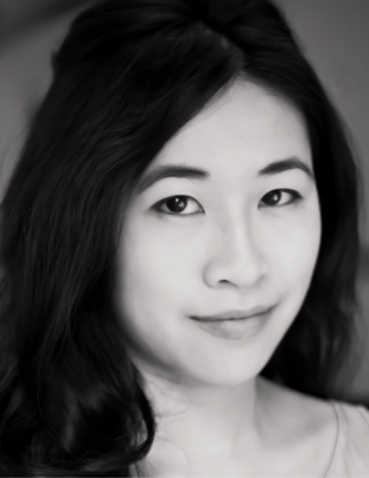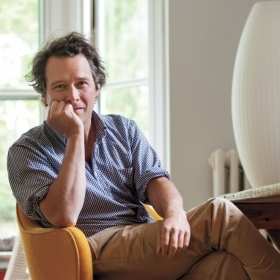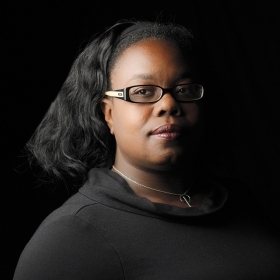Being a storyteller comes naturally to Wendy Chen ’14, who grew up hearing her grandparents’ stories of the past and of traditional Chinese myths. Telling those stories—of family, history, culture, identity—is exactly what she does through her poetry.
After studying with Frank Bidart and Dan Chiasson at Wellesley, Wendy completed her M.F.A. in poetry at Syracuse University, where she produced a manuscript of original poetry and one of translations of Li Qingzhao, a female poet from 12th-century China. The manuscript of original work was selected to be published as part of the Wrolstad series at Tavern Books (open to female poets age 40 or younger) and came out last year as Unearthings. Her book of translations, titled The Magpie at Night, will be published this year. She is also at work on a novel, tentatively titled Sister, spanning four generations of women from early 20th-century China to modern-day America, and is coeditor of Figure 1, an online poetry magazine that features new and underrepresented voices.
Wendy grew up in the U.S., but her first language was Chinese, her childhood steeped in family lore set in China and passed down through the generations. As an Asian-American writer, she says she feels “a great urgency, especially in today’s political climate” to not only represent the Asian-American experience, but also to champion marginalized voices. She is not interested in “whitewashing” her writing “in order to seem more ‘universal.’” As a translator, too, she focuses on Chinese women writers in order to highlight diverse voices that would otherwise go unheard. Both her own poetry and the poetry she translates are a “breaking of expected silence.”
Wendy’s poetry actively bears witness. “I am very much interested in the ways we reconcile with the violence and trauma of the past—both historical and personal,” she says. Her book Unearthings, as the title suggests, exhumes the ghosts of the past, the hauntings of family and history. “We all bear witness to the past,” she explains, “as our arrival into the world is determined by the previous choices and lives of generations before us. Thus, the violence of the past is embedded in the living present.” Indeed, past and present coexist in her poems, often in eerie or uneasy ways, such as when a peaceful agrarian landscape conjures the bullets, blood, and bodies of World War II and the Nanjing massacre.
Sometimes the violence she describes is cultural, artistic, or literary, such as when Asian women are caricatured in canonical works of art like Madame Butterfly. Wendy is deeply aware of the violence perpetuated or represented in art, literature, and myth, and she writes from a strong sense of social justice. “For me, writing is a way to acknowledge these hauntings, respond to, and possibly even exorcise or transform them,” she writes. Her vision of the future, however, is optimistic: “I see writing as a way to shape a more peaceful future.”







We ask that those who engage in Wellesley magazine's online community act with honesty, integrity, and respect. (Remember the honor code, alums?) We reserve the right to remove comments by impersonators or comments that are not civil and relevant to the subject at hand. By posting here, you are permitting Wellesley magazine to edit and republish your comment in all media. Please remember that all posts are public.